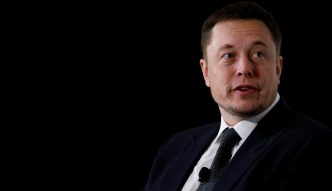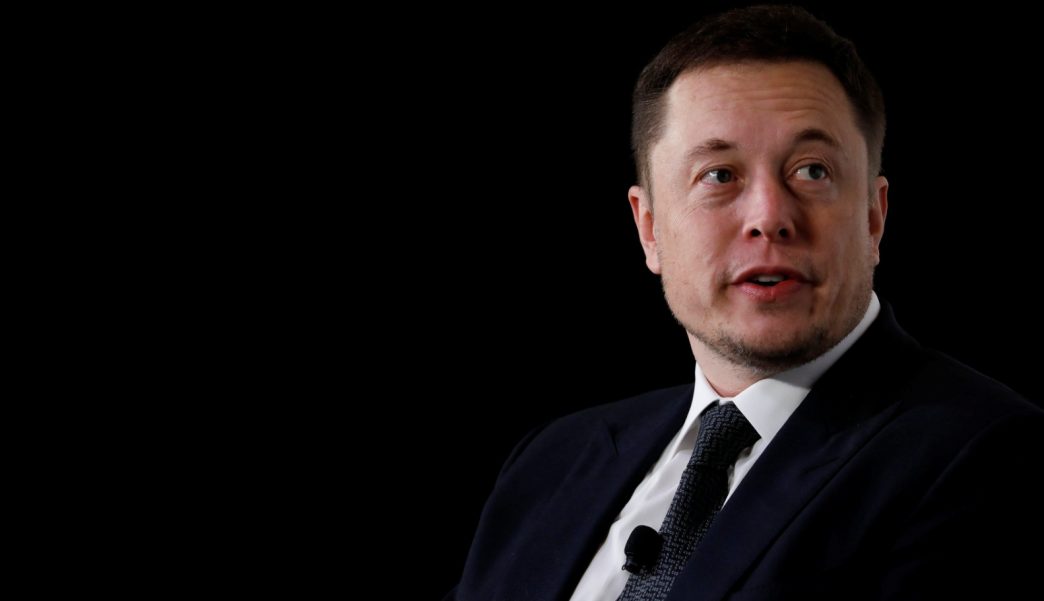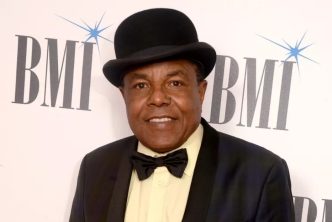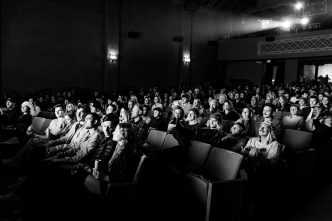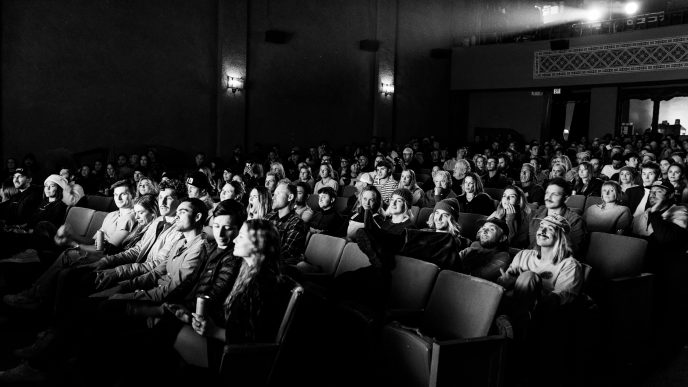One of the most remarkable of Elon Musk is his ability to motivate us to dream big again. As the highly successful founder of Tesla and SpaceX, Musk has a mind that is always active. When people ask how he became a master in rocket science, he simply replies, “I read books.”
And it’s not just a casual read. Musk revealed to Esquire that he devours books. He even opens the door to his personal collection and shares some of his top picks.
1. “Foundation Series” by Isaac Asimov
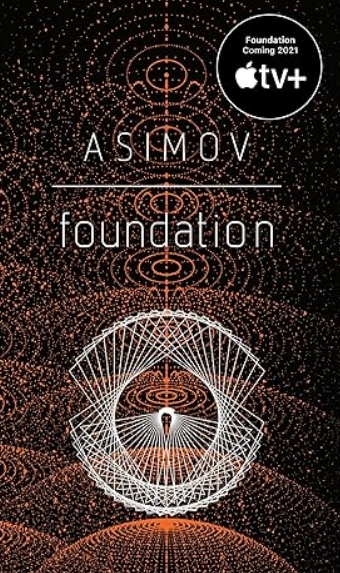
The “Foundation Series” by Isaac Asimov is a renowned science fiction epic set in a far-off future where humanity has spread across the galaxy. The narrative chronicles the decline of a massive galactic empire and the attempts of mathematician Hari Seldon to stave off an impending dark age by creating a foundation aimed at preserving knowledge and guiding humanity’s path forward. Asimov’s series examines themes of sociology, technology, and civilization, weaving complex plots and character arcs throughout millennia. It’s a gripping tale of ambition, foresight, and how knowledge can shape the fate of civilizations.
2. “The Moon Is a Harsh Mistress” by Robert Heinlein
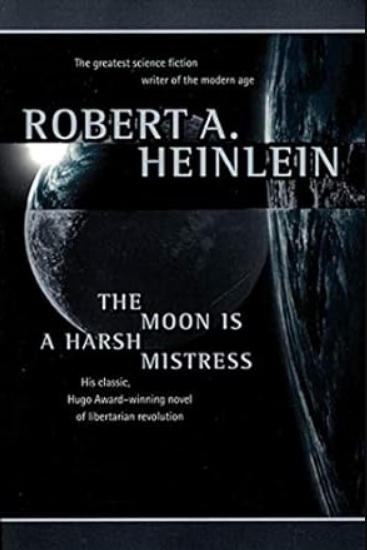
Robert Heinlein’s “The Moon Is a Harsh Mistress” takes place in a future where humans have colonized the moon. The plot centers on a lunar colony’s fight for independence from Earth’s authority. The main character, computer technician Manuel “Manny” Garcia O’Kelly-Davis, joins a rebellion against Earth’s oppressive regime, aided by an artificial intelligence named Mike.
This novel dives into themes of freedom, revolution, and governance ethics. It explores political intrigue, societal dynamics, and the obstacles faced in constructing a new society under the moon’s harsh conditions. Heinlein is recognized for addressing intricate concepts through vibrant characters and fast-moving storytelling, making “The Moon Is a Harsh Mistress” a captivating read for fans of science fiction and political narratives.
3. “Life 3.0: Being Human in the Age of Artificial Intelligence” by Max Tegmark
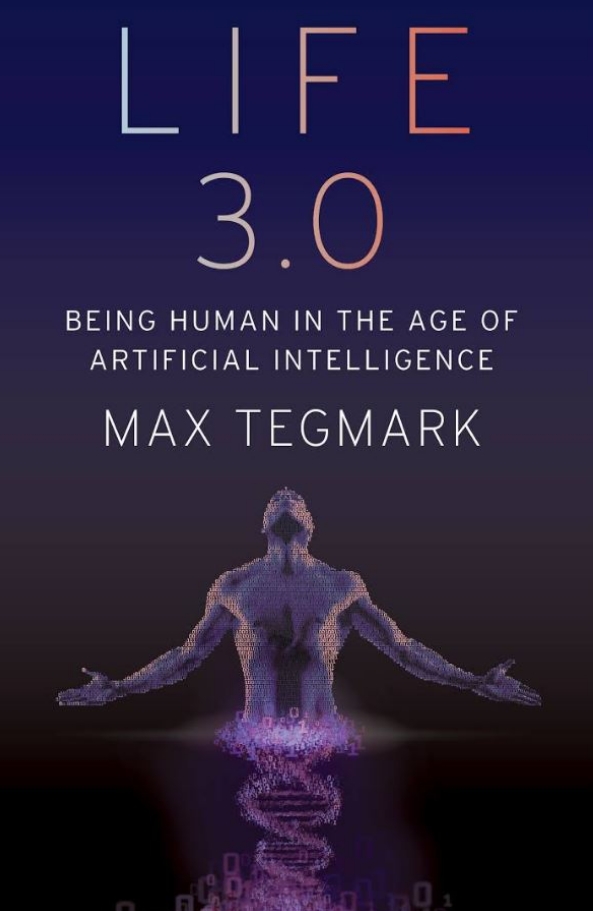
In “Life 3.0: Being Human in the Age of Artificial Intelligence,” Max Tegmark, a physicist and cosmologist, examines the potential future influence of artificial intelligence (AI) on humanity and society. He presents various scenarios, ranging from encouraging to alarming, that could emerge as AI technology progresses.
The term “Life 3.0” signifies a theoretical stage in evolution where biological life is no longer the dominant force on Earth, as it has been outstripped in intelligence and capabilities by AI. Tegmark discusses issues surrounding consciousness, ethics, and the future of employment in a world where AI might exceed human performance in multiple areas.
4. “Ignition!: An Informal History of Liquid Rocket Propellants” by John D. Clark
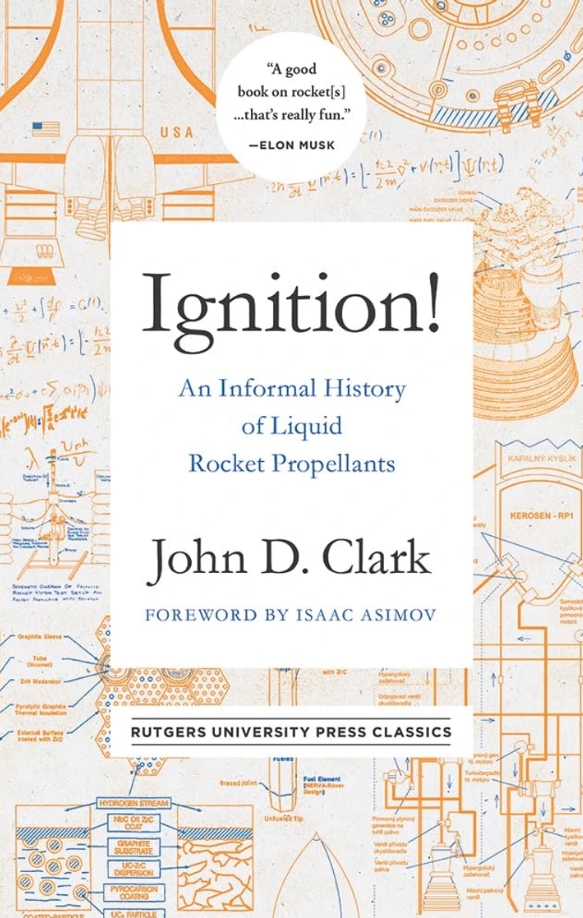
This book, published in 1972, offers an engaging and thorough account of the history of liquid rocket propellants, focusing on the timeline from the early 20th century until the late 1960s.
It encompasses a variety of topics related to the history, chemistry, and engineering of liquid rocket propellants, including anecdotes about the trials faced by scientists and engineers in their quest to find and synthesize effective propellants, along with the triumphs and setbacks throughout.
5. “Superintelligence: Paths, Dangers, Strategies” by Nick Bostrom
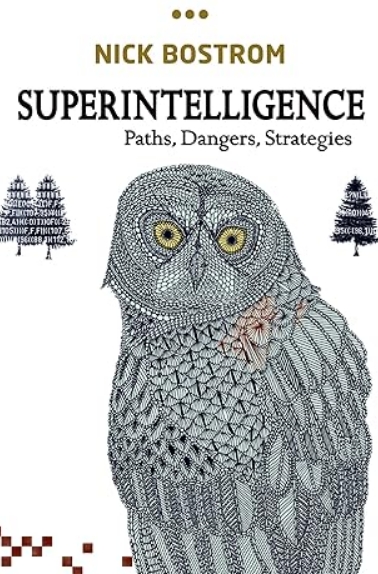
“Superintelligence: Paths, Dangers, Strategies” is authored by Nick Bostrom, a philosopher and director of the Future of Humanity Institute at the University of Oxford. Released in 2014, this book investigates the potential future implications of artificial superintelligence (ASI) — intelligence that surpasses human intellect in all aspects.
Bostrom analyzes various possibilities related to the development of ASI, considering the potential routes to its creation, the risks that accompany it, and strategies to ensure that the rise of superintelligence aligns with human values and objectives.
6. “Einstein: His Life and Universe” by Walter Isaacson
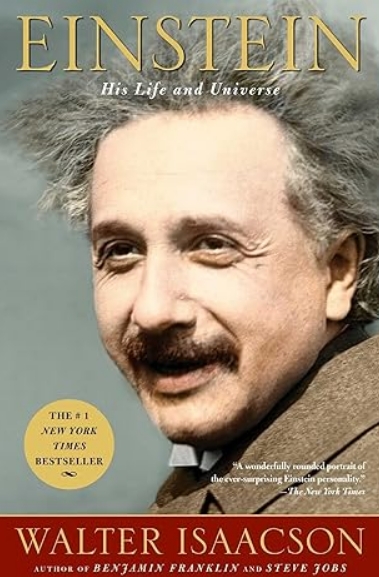
In “Einstein: His and Universe,” Walter Isaacson presents a biography of Albert Einstein, providing a comprehensive exploration of his life, work, and enduring influence. Published in 2007, the book shares insights into both Einstein’s scientific contributions and his personal life.
Isaacson not only focuses on Einstein’s scientific milestones but also delves into his relationships with family, friends, and colleagues, including his marriages and extramarital relationships. The biography further examines Einstein’s perspectives on politics, religion, and pacifism, revealing a multi-dimensional view of the man behind the scientific legend.
7. “Structures: Or Why Things Don’t Fall Down” by J.E. Gordon
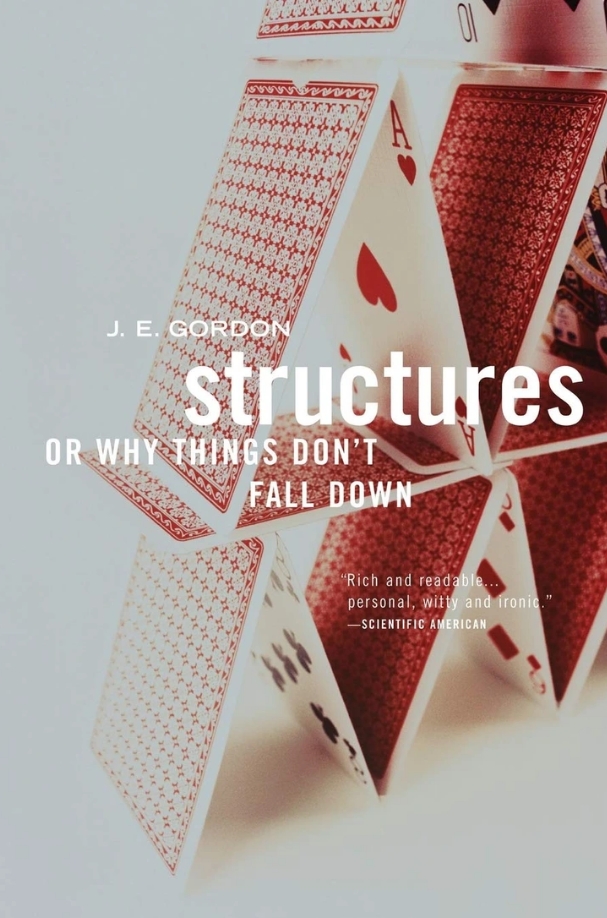
Written by J.E. Gordon, a British engineer and materials scientist, this book was first published in 1978. Here, Gordon discusses the principles of structural engineering and materials science, explaining why some structures are sturdy and stable while others are not.
Readers are guided through the core concepts of structural design, exploring the properties of materials like metals, ceramics, polymers, and composites, while discussing how these characteristics affect the behavior of structures under various loads and environmental conditions.
8. “Zero to One: Notes on Startups, or How to Build the Future” by Peter Thiel
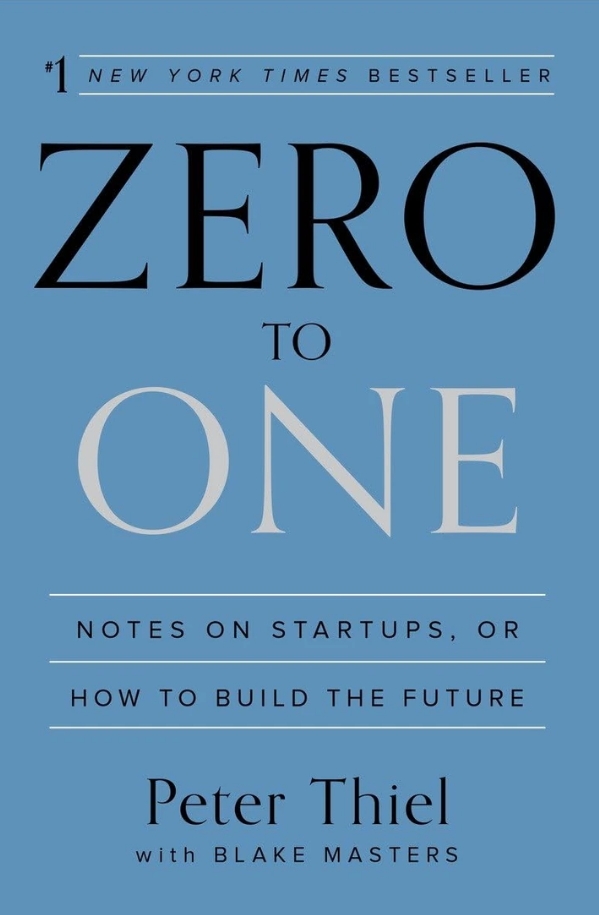
“Zero to One: Notes on Startups, or How to Build the Future” is a publication by Peter Thiel, an entrepreneur, venture capitalist, and co-founder of PayPal and Palantir Technologies. Released in 2014, the book shares Thiel’s perspectives on entrepreneurship, innovation, and successful business creation.
Thiel addresses numerous aspects of entrepreneurship, including the traits of successful founders, the value of having a clear vision and long-term strategy, the role of technology in fostering progress, and the hurdles of launching and expanding a startup. Throughout, he includes personal stories and insights from his experiences in Silicon Valley.
9. “Howard Hughes: His Life and Madness” by Donald L. Barlett and James B. Steele
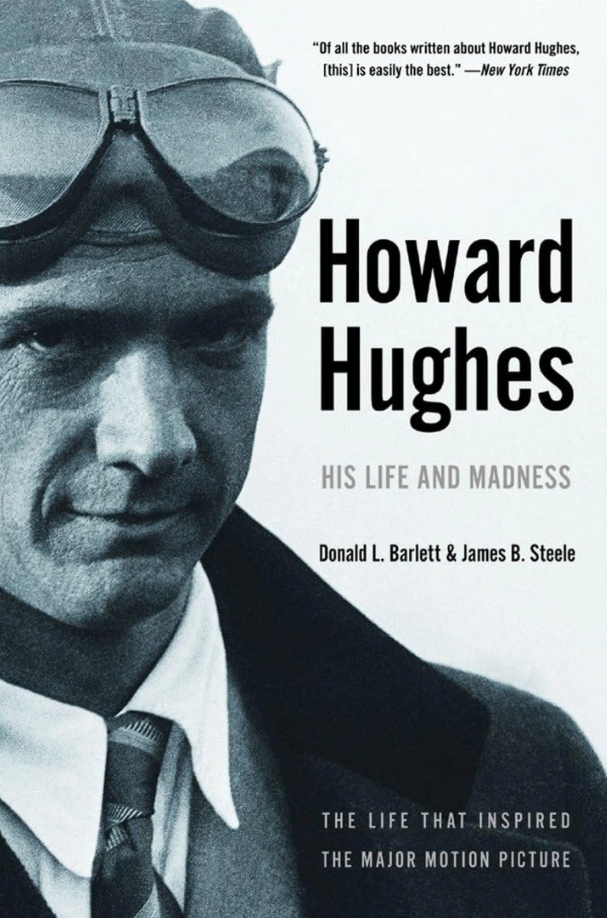
“Howard Hughes: His Life and Madness” is a biography of Howard Hughes crafted by Donald L. Barlett and James B. Steele. Published in 1979, the book intricately explores Hughes’ life, tracing his journey from a wealthy heir to a reclusive and eccentric billionaire.
The biography examines Hughes’ various business endeavors, detailing his achievements in aviation and film, alongside his battles with mental health and addiction.
